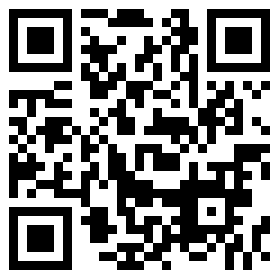World Diabetes Day | Type 1 diabetes is not so far away from children, these common sense parents should know!
Is Type 1 diabetes in children inherited?
Certain genes are known to play a role in the development of type 1 diabetes, but their importance remains unclear. From the current study, it is not certain that type 1 diabetes is inherited.
How do you find out if your child may have Type 1 diabetes?
● Frequent urination.
● Bed-wetting in children who have passed the age of bed-wetting.
● Extreme thirst.
● Increased appetite but weight loss.
● Weakness, fatigue or sleepiness.
● Nausea and vomiting. When there is not enough insulin in the body, glucose builds up in the blood and ketones are produced. Blood ketones can cause nausea and vomiting, and can lead to dehydration and diabetic ketoacidosis.
● The breath has a sweet smell (apple). This occurs when ketones are present in the blood.
● Young children are irritable.
● Blurred vision.
● Fungal infections in the genital area.
If parents find that their children have one or several of the above symptoms, they can take their children to the endocrinology department for examination, and check whether they have diabetes through blood sugar tests, urine ketone tests, glucose tolerance tests, etc.
How to treat Type 1 diabetes in children?
For children with type 1 diabetes, due to the absolute lack of insulin in the body, insulin injection therapy is currently the only effective treatment. In addition, self-blood glucose monitoring and blood glucose control are also essential.
For the treatment of type 1 diabetes, the Endocrinology Department of SJD Barcelona Children's Hospital has designed and implemented a structured training program for all ages and situations, covering onset, adolescence, insulin pump therapy, etc. We want to help these families get back into a normal life and give them professional guidance on how to cope with type 1 diabetes. A number of professionals participate in these educational programs, including endocrinologists, nutritionists, psychologists, and nurses who specialize in diabetes treatment training.
We also treat obesity through an innovative program called PrevenGo, through which we help obese children and teens develop their own strategies to change habits. In addition, we provide guidance through telemedicine to children with type 1 diabetes who have been discharged from the hospital.


